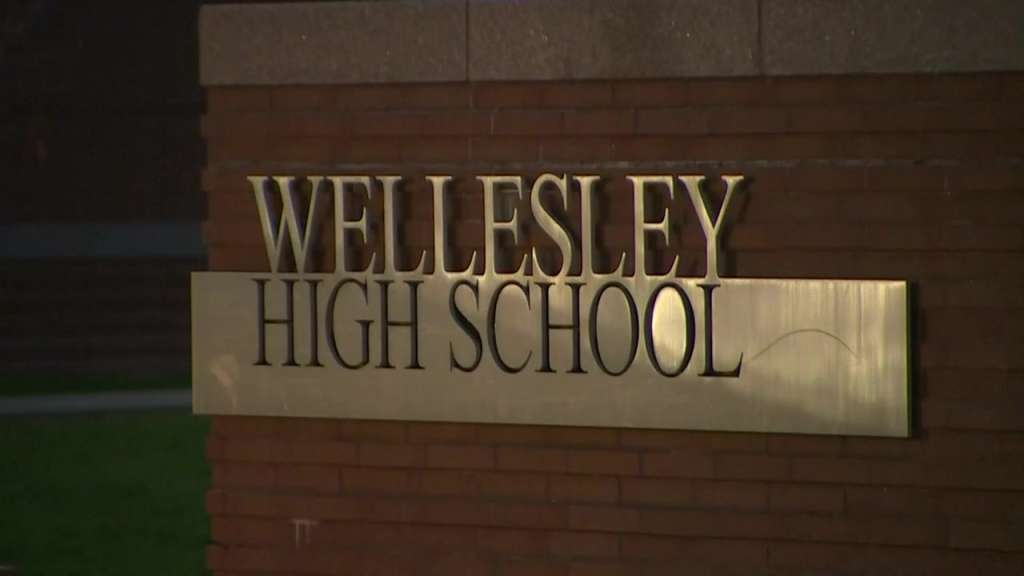BOSTON (AP) — A Massachusetts school district has settled a federal lawsuit challenging its creation of affinity groups for Black, Latinx, Asian and other students of color.
Parents Defending Education has agreed to drop its suit while Wellesley Public Schools will make it clear that the groups are open to any and all students, according to an agreement filed in Boston federal court on Monday.
The school district in a statement Tuesday said the settlement “unequivocally protected” its right to organize affinity groups and impose a new policy on reporting bias. It stressed that school officials previously confirmed that affinity groups sessions are open to all district students, and that its revised procedure for reporting incidents of bias or discrimination fully protects free speech rights.
“Wellesley Public Schools remains free to pursue its goal of providing a safe learning environment free of bias and discrimination for all students, faculty, and staff,” the district said in its statement.
Nicole Neily, founder of Parents Defending Education, an Arlington, Virginia-based organization that’s part of a loose network of conservative groups backing local activists engaged in culture war fights in schools across the country, also portrayed the settlement as win for its cause.
“This settlement sends a clear message that racially segregating students in public schools is wrong – and there will be consequences,” she said in a statement.
Wellesley schools launched the affinity groups last year as an “opportunity for people within an identity group to openly share their experiences without risk of feeling like they will offend someone from another group, and without another group’s voices.”
But Parents Defending Education argued in its October suit that the policies violated students’ First Amendment right to free speech and 14th Amendment right to equal protection under the law, in the affluent, majority white district.
“Because racial affinity groups divide children by race, these groups foster racial division and do far more harm than good,” the group argued in its complaint.
The organization also complained the district’s 2020 procedure for responding to incidents of bias or discrimination imposed “overbroad, vague restrictions” on student speech and have been “weaponized by certain students to punish classmates who express unpopular views.”
Parents Defending Education, which has filed recent complaints against school districts in Ohio and other states, says on its website it is focused on preventing “the politicization of K-12 education, including government attempts to force students into divisive identity groups and to silence students who express opposing views.”
The group said it brought the Massachusetts litigation on behalf of Wellesley parents who are identified in the suit only as “Parents A, B, C, D, and E.”
It argued Wellesley’s affinity groups harmed the children of the unnamed parents by “making them highly conscious of race during their interactions with their teachers and fellow classmates and making them feel like they were part of the ‘problem’ solely because of their skin color.”
The organization also listed the Massachusetts communities of Newton and Milton among other districts nationally with similar affinity groups.
(Copyright (c) 2024 The Associated Press. All Rights Reserved. This material may not be published, broadcast, rewritten, or redistributed.)

